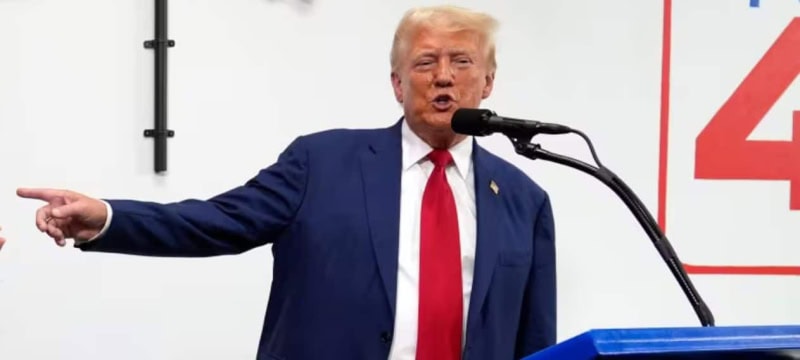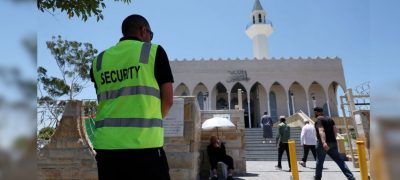On Tuesday, Donald Trump faced a revised federal indictment accusing him of unlawfully attempting to overturn his 2020 election loss. Prosecutors narrowed their approach following a US Supreme Court ruling that former presidents have broad immunity from criminal prosecution.
US Special Counsel Jack Smith’s team secured the superseding indictment in the Washington case, though it is unlikely to go to trial before the November 5 election, where Trump, a Republican, faces Democratic Vice President Kamala Harris.
Read more: Trump Allies Advocate Targeting Harris’s Policy Approaches
The new indictment retains the four charges previously brought against Trump, but now focuses on his role as a political candidate seeking reelection, rather than his actions as president. On July 1, the Supreme Court ruled that Trump is presumptively immune from prosecution for actions within his constitutional powers as president.
US District Judge Tanya Chutkan in Washington is expected to decide soon which aspects of the case will be dismissed based on the Supreme Court’s ruling.
Trump’s attorneys have not yet commented, but Trump argued on his Truth Social platform that the Supreme Court’s decision should lead to the entire case being dismissed, accusing Smith of attempting to bypass the ruling by reworking the case.
Trump, who pleaded not guilty to the original charges, has denounced this and other cases against him as politically motivated efforts to block his return to power. Recent polls indicate that Harris has gained a slight national lead over Trump since Democratic President Joe Biden announced he would not seek reelection last month.
The revised indictment, like the original, accuses Trump of a multi-part conspiracy to obstruct the certification of his election defeat to Biden. It retains allegations that Trump pressured then-Vice President Mike Pence to reject electoral votes from battleground states Trump lost while presiding over the congressional certification on January 6, 2021.
The revised document emphasizes that Trump, as a candidate, had a personal interest in being declared the winner, despite having no official responsibilities related to the certification process. This language was not present in the original indictment. The case continues to include the actions of a mob of Trump supporters who stormed the U.S. Capitol on January 6 to disrupt the certification.
Focus on campaign
The revised indictment no longer accuses Trump of attempting to pressure the U.S. Justice Department to overturn his election defeat, a move aimed at keeping the case viable after the Supreme Court ruled Trump could not be prosecuted for such actions.
It omits references to Jeffrey Clark, a senior Justice Department official accused of aiding Trump’s efforts to undermine the election results, and former U.S. Attorney General Bill Barr, who allegedly told Trump his fraud claims were false.
Attorney Bradley Moss noted that the revised indictment demonstrates “a clear effort by the Justice Department to narrow the scope of factual information” in response to the Supreme Court’s immunity ruling.
The updated 36-page indictment, shortened by nine pages, relies on testimony and evidence from non-governmental witnesses, such as former Arizona House Speaker Rusty Bowers, who was allegedly pressured by Trump and a co-conspirator to call a special session based on false voter fraud claims.
This case, one of four criminal prosecutions against Trump, has faced delays while Trump asserted his immunity claims. The Supreme Court’s 6-3 decision, supported by three justices nominated by Trump, influenced the revision.
Trump was convicted in May by a New York jury of falsifying documents related to a hush money payment and is scheduled for sentencing on September 18, though he has requested a delay until after the November 5 election.
Special Counsel Jack Smith’s move to revise the indictment comes ahead of a Friday deadline for proposing a way forward in the election subversion case following the Supreme Court’s ruling.









